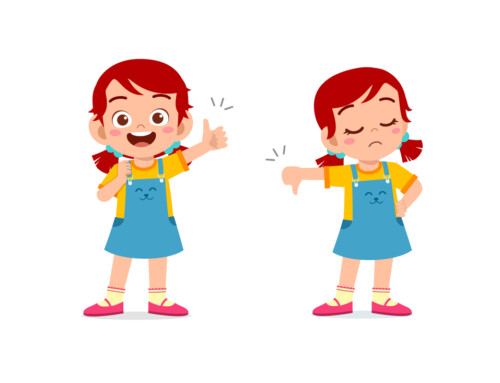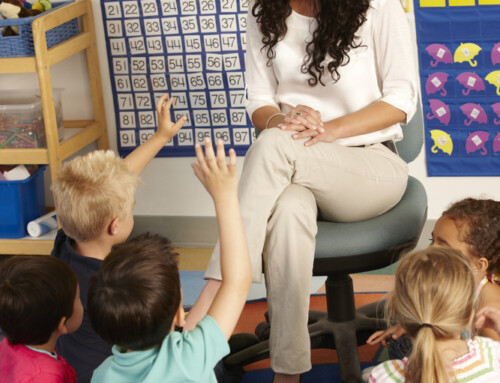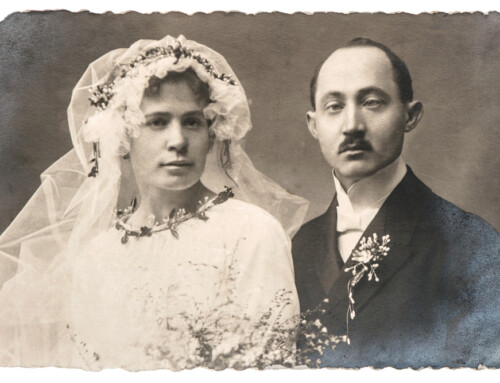{3:18 minutes to read} Divorcing parents who choose to have joint legal custody of their children, i.e. joint decision  making, are often concerned as to what happens if they disagree on issues regarding their children. I usually begin by reminding them that happily married parents may also disagree on whether the child should:
making, are often concerned as to what happens if they disagree on issues regarding their children. I usually begin by reminding them that happily married parents may also disagree on whether the child should:
- Go to private or to public school;
- Fly as an unaccompanied minor;
- Have a cell phone at an early age;
- Get a tattoo.
These, of course, are just a few of the many questions that may come up and cause conflict between parents.
So how do parents, married or divorced, resolve these differences?
It depends on the issue to be resolved. If the child was the one making the request, parents need to tell the child that they will discuss the matter amongst themselves, and let him/her know their joint decision. It is always preferable to present a united front to the child, even if parents disagree, as well as to tell the child that his opinion will be taken into consideration.
The final decision may not be to the child’s liking, so the parents might also give the child a reason for a negative answer, or even in the case of a positive answer. The one thing parents do not want to do is say “because Mom (or Dad) did not want you to have/do it,” putting the blame on the other parent.
Parents should make a conscious effort to think of what is best for the child, not for themselves. They shouldn’t just say “no” because they want to contradict the other parent or because they want to get back at that person for some other reason. Always keep the child at the forefront and think about what is best for him/her. Leave your own grievances at the door.
In some instances, when faced with more serious issues than a nose ring, for example, parents may need to reach out to a professional:
- A second or third medical opinion;
- Input from an educational consultant;
- A meeting with a therapist who is a child specialist.
Some parents come to mediation in order to explore and better understand their difference of opinion, and brainstorm possible solutions, before making their decision.
Whether you are married or divorced parents, don’t let your differences widen the gap between you. Use them in a positive way to explore new alternatives and make your dialogue richer. Ultimately, your child will be the winner, and isn’t that what good parenting is all about?
Jennifer Safian
divorce and family mediation
upper east side of manhattan (nyc)
new york, ny
(917) 881 5206
jpsafian@gmail.com
Latest posts by Jennifer Safian (see all)
- coping with divorce guilt - April 17, 2024
- does not reaching an agreement mean the mediation process failed? - March 27, 2024
- should I tell my children’s school that we are getting a divorce? - March 13, 2024





Leave A Comment